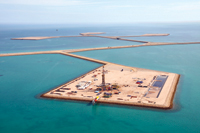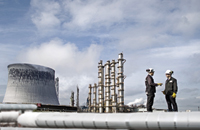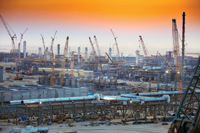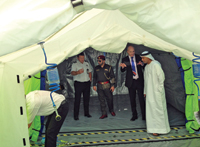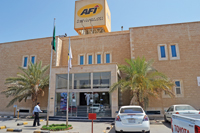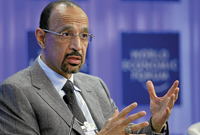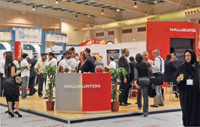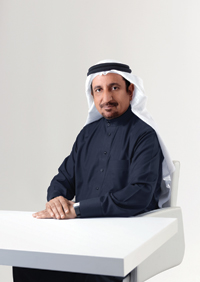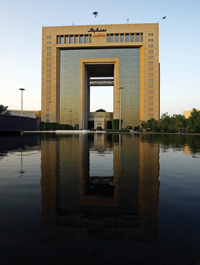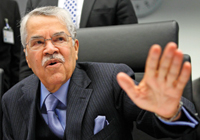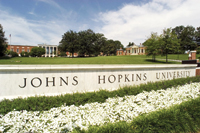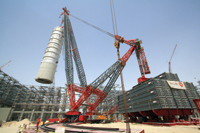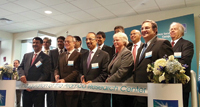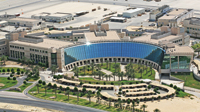
 PetroRabigh ... Aramco’s joint venture with Sumitomo of Japan
PetroRabigh ... Aramco’s joint venture with Sumitomo of Japan
THE cheap and abundant feedstock provided by surging domestic production of natural gas liquids (NGLs) has triggered some soul-searching among all-powerful hydrocarbon producers in the Middle East.
For some states like Qatar and the UAE, taking a hit on petrochemicals expansion is unfortunate, but manageable. For Saudi Arabia, however, petrochemical-focused industrialisation is more critical, representing its sole tool for delivering large-scale job creation, sustainable economic growth and, by extension, political stability. “The penny has dropped,” one consultant says.
“The Saudis know this problem won’t go away, but they haven’t quite decided on what to do about it.” Riyadh has been forced to re-evaluate its assumptions to take into account both the US petchems revival – which is challenging Saudi Arabia both on finished product and feedstock – and the prospect of fiercer regional competition from Iran, as and when sanctions are eased, and possibly Iraq.
Several companies, including Royal Dutch Shell, Total, Russia’s Lukoil and South Korea’s Hanwa, are in talks on petchem projects with Baghdad, with Shell discussing a proposed $11 billion complex.
State-owned Saudi Aramco is spearheading the kingdom’s petrochemical expansion, and is advocating generating synergies by clustering industrial development around a central refining or petrochemical complex. Aramco hopes to join Saudi petchems giant Sabic as one the world’s top three global petrochemical producers, but its lack of in-house expertise means it will need to find partners.
One such cluster project, the $9.6 billion, 3 million tonnes per year (mtpy) PetroRabigh joint venture with Sumitomo, is already in operation, and another, the $20 billion, 3 mtpy Sadara joint venture with Dow Chemical, is under construction. Aramco is evaluating a petrochemicals expansion at its new 400,000 barrel per day (bpd) Jubail refinery joint venture with Total, and a similar plan for the 240,000 bpd Yanbu refinery.
One potential partner is Sabic itself – the two companies are already working on an ambitious tie-up to establish the Industrial Investment Corp (IIC), which will have a brief to galvanise the kingdom’s petrochemical sector.
Aligning Aramco and Sabic’s strategic objectives will be challenging – 100 per cent state-owned Aramco has become Riyadh’s go-to company for non-oil, non-profit prestige projects such as the King Abdullah University of Science and Technology, while publicly-listed Sabic, which accounts for some 40 per cent of the value of the Saudi stock exchange, is focused entirely on the bottom line.
With a view to addressing this challenge, Aramco last month appointed highly-rated executive Yasser Mufti as its first ever head of strategic transformation. An announcement on IIC had been expected by the end of 2013, but given the complexities involved – the difficulties with PetroRabigh have taught Aramco that it needs to choose its partners carefully – some delay is perhaps inevitable.



































































